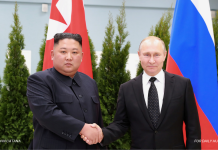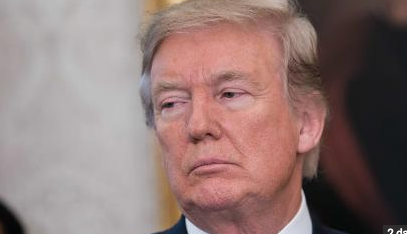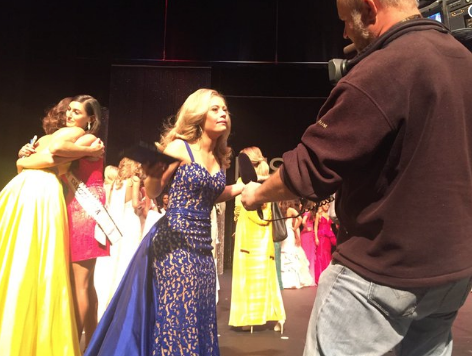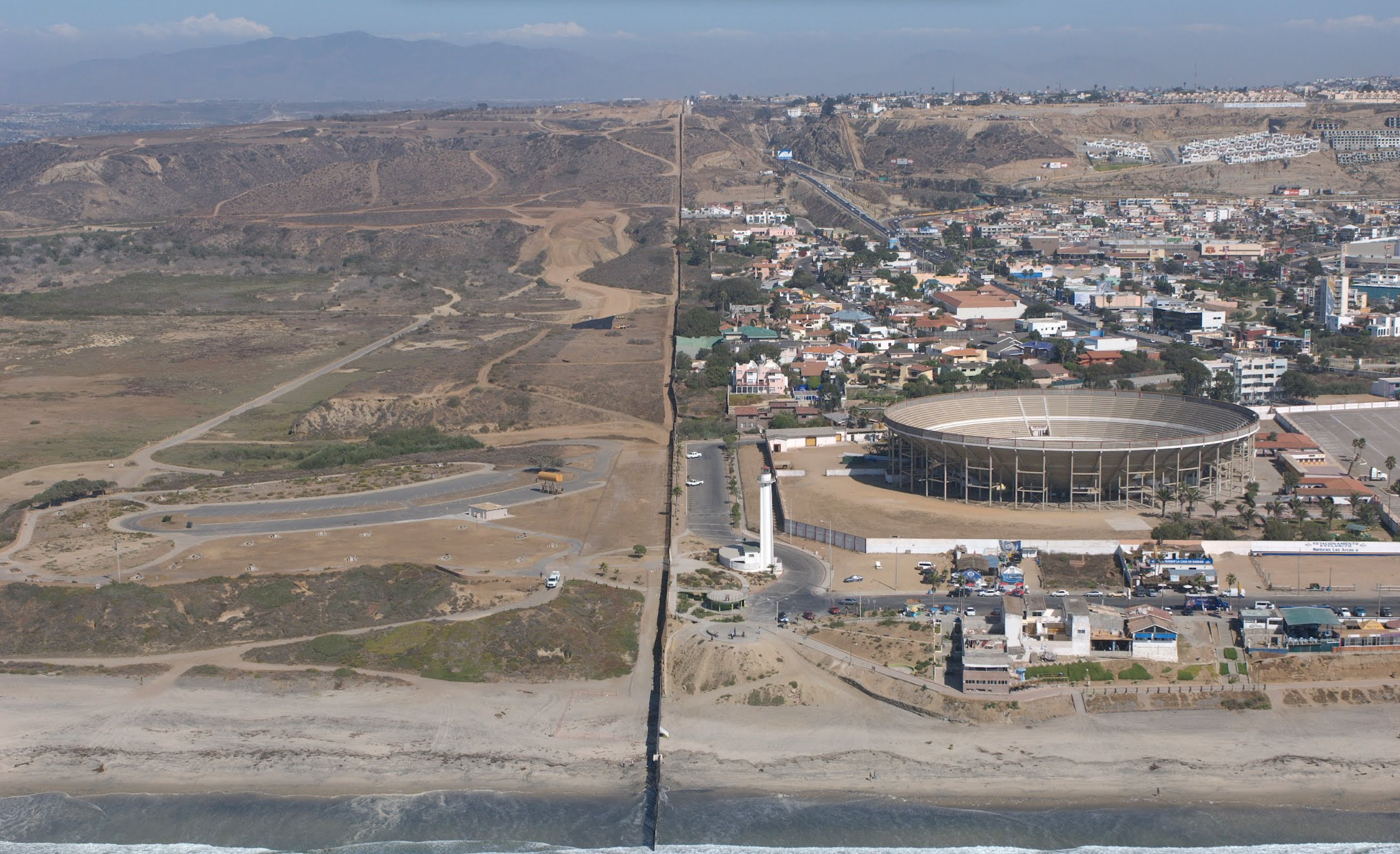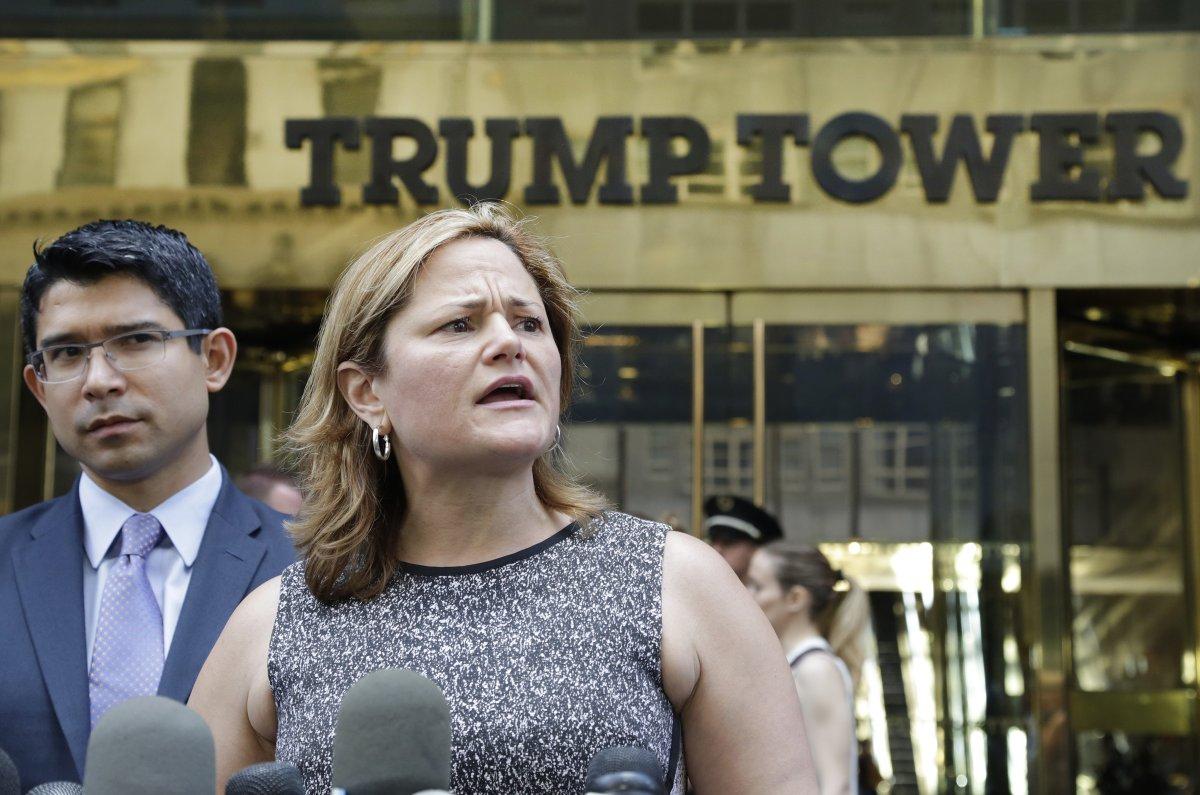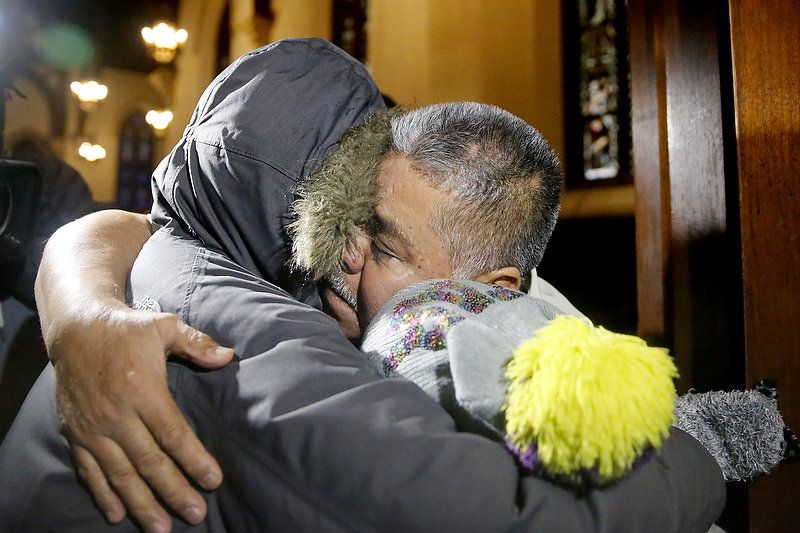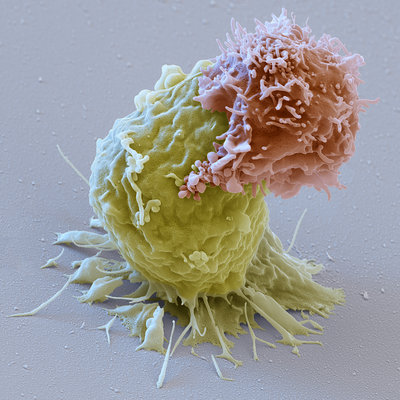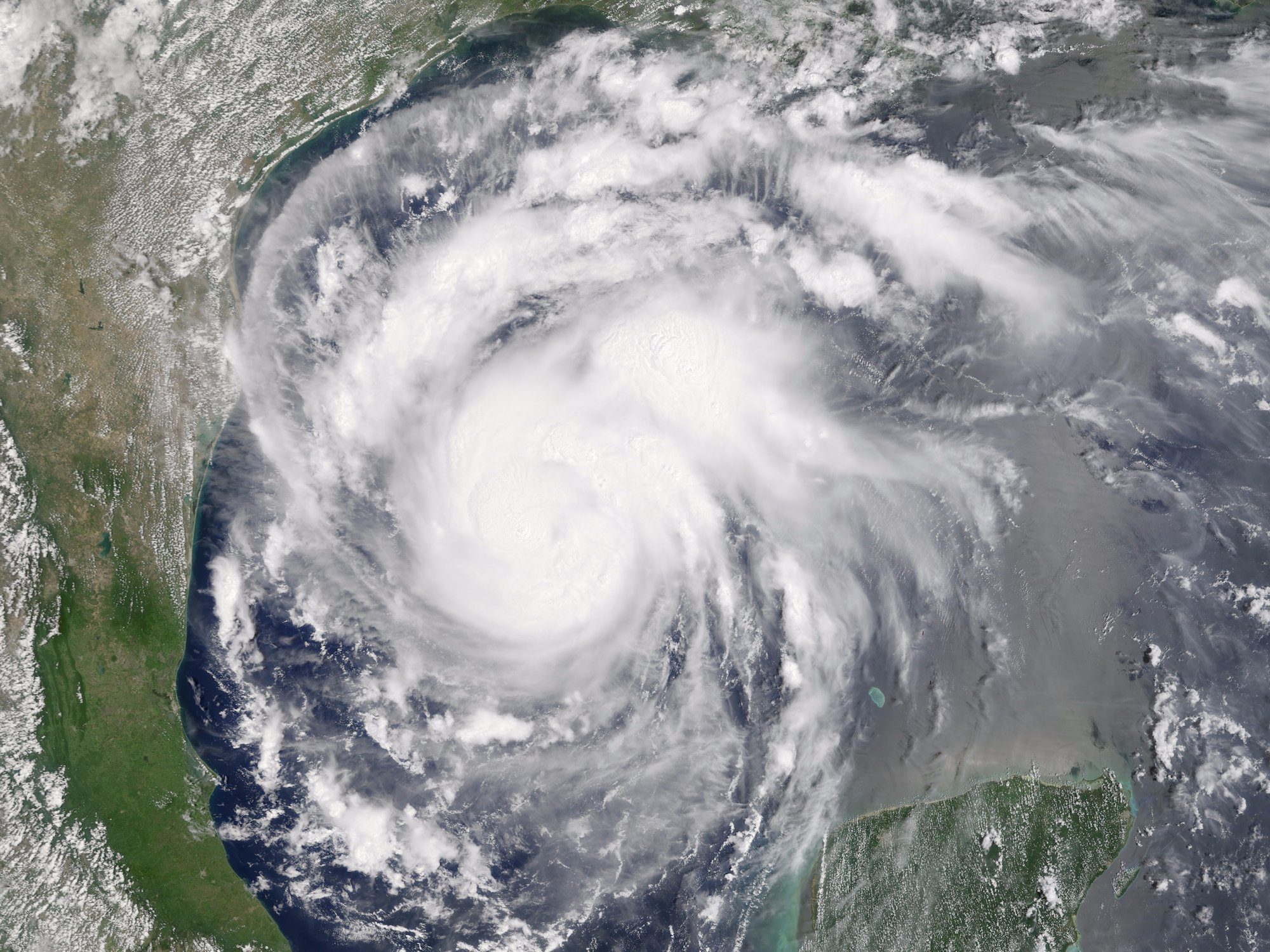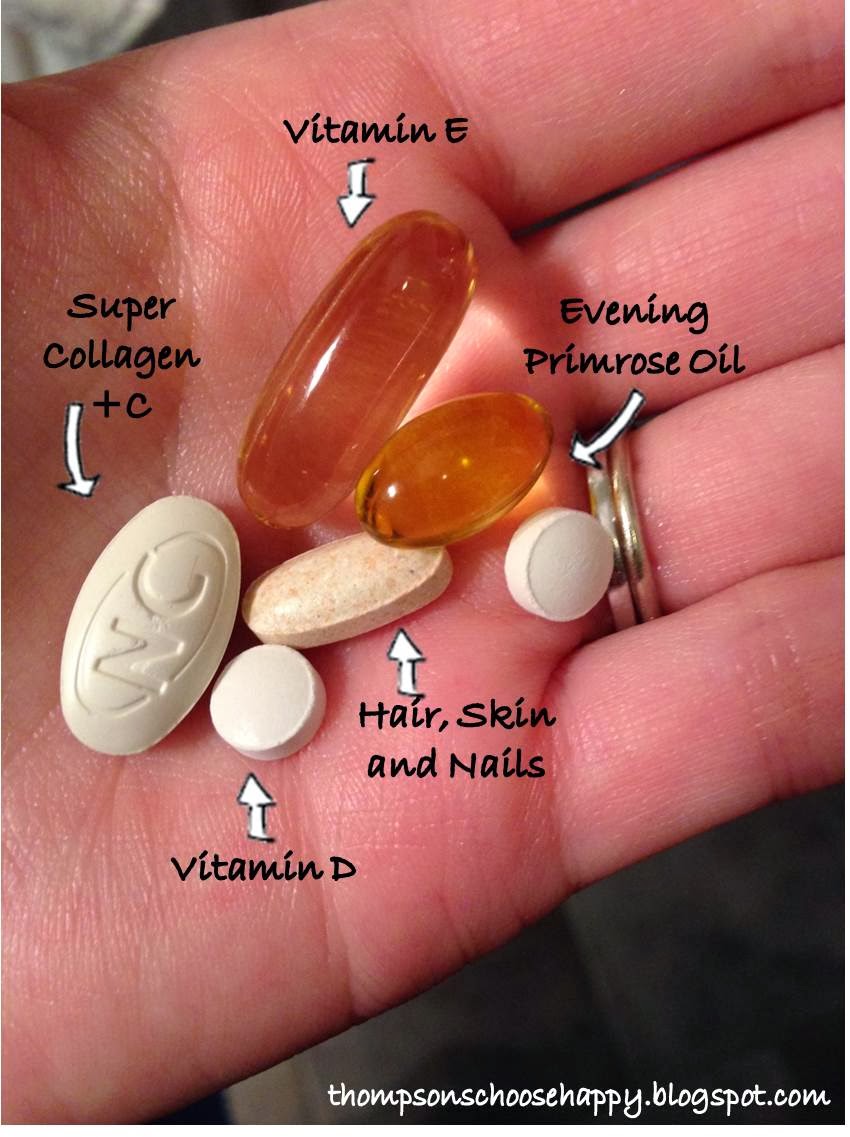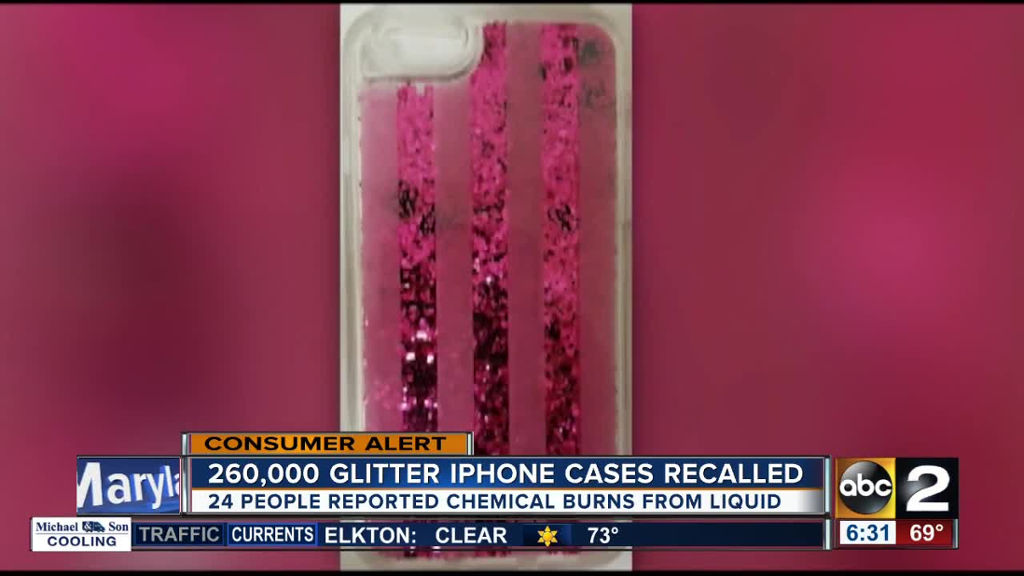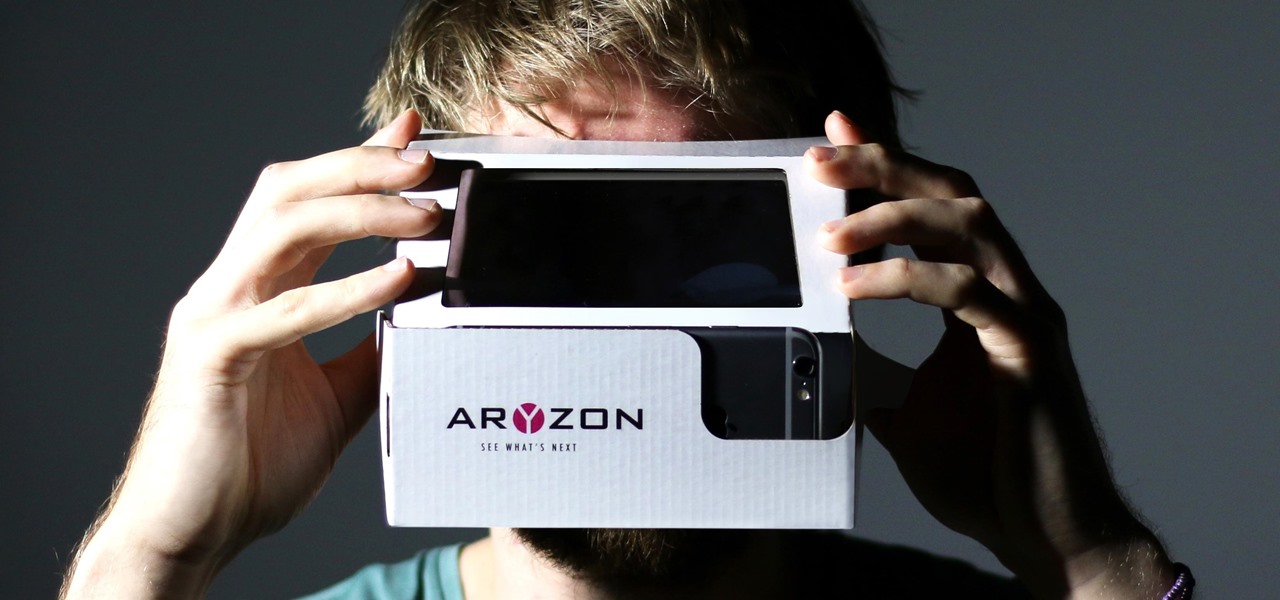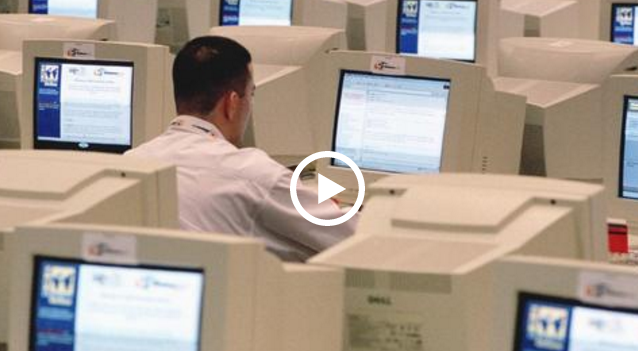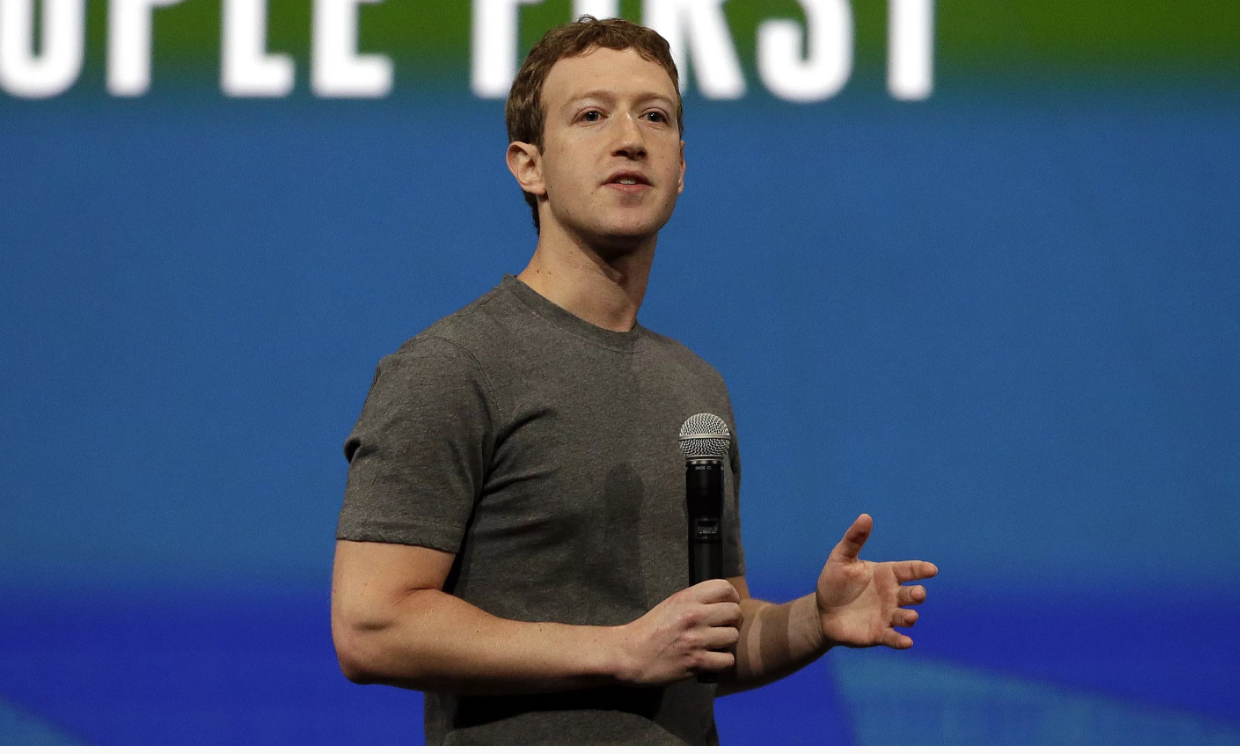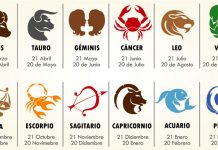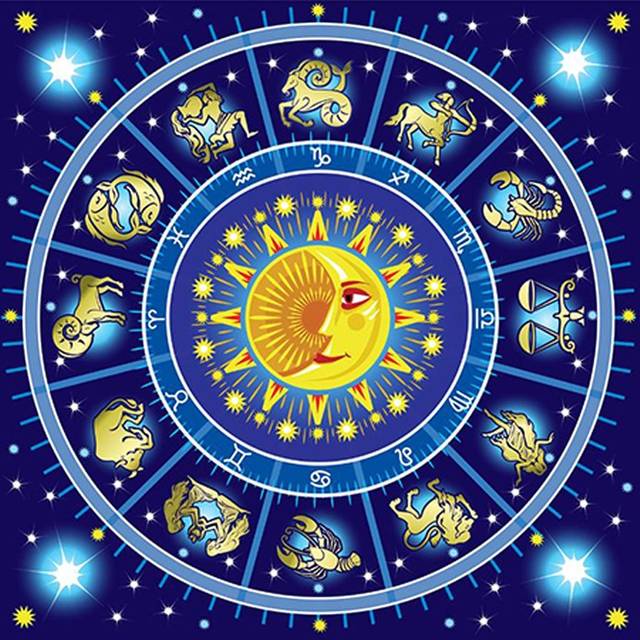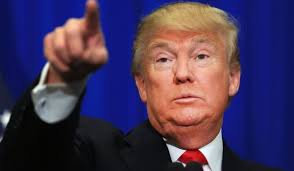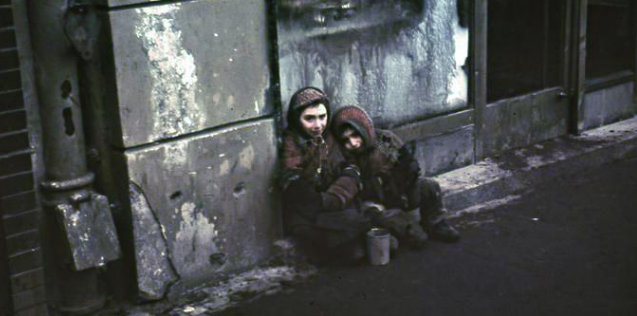
Original article from Huffpost
Sylvia Green didn’t care about the money. She just wanted to work for Ellen DeGeneres.
It was 1996 and Green had left a high-powered job in public relations to pursue a career in television writing. She’d found some work helping out with shows like “The Nanny” and“Mad About You.” But when she was offered the chance to join “Ellen” as a writer’s assistant in 1996, she couldn’t resist.
“Ellen,” the sitcom, was at the time just a moderately successful TV show about a somewhat awkward 30-something bookstore owner. But Ellen, the woman, was America’s sweetheart. Green’s bosses offered her a raise so she’d stay at her current job, but she turned it down. She had already sacrificed a lot to pursue her dream of writing for television. In “Ellen,” Green thought she might have found what she was looking for.
She took the job.
A few days after she started, one of the producers’ assistants pulled her into a room, closed the door, and told her a secret: A month earlier, during lunch at her home in Los Angeles, DeGeneres had revealed to the show’s writers and producers something that would change not only her life, but all of theirs, too. DeGeneres wanted to come out on the show.No TV character even remotely as famous as Ellen Morgan, DeGeneres’ character on the show, had ever announced they were gay on primetime television before, and prejudice against the LGBTQ community was still rampant. That year, a Gallup poll found that 68 percent of Americans did not believe same-sex marriage should be legal — a clear sign that even a widely loved woman couldn’t come out on primetime television without risks.
Jonathan Stark, a writer on “Ellen,” initially wasn’t sure he wanted to go through with the plan. Vance DeGeneres, Ellen’s brother, who was also an occasional writer on the show, feared for his sister’s welfare. Dava Savel, a co-executive producer, said she knew the show would never be the same.
“She was the girl next door,” Savel said. “Everyone loved her, and we were basically shooting it in the foot and hoping it didn’t bleed out.”
Privately, ABC had many of the same fears, and executives said they would not officially approve the episode until they had seen a fully formed script, Green remembered.
But Disney, which had acquired ABC in 1995, loved the idea, and pushed ABC to make it happen. By 1996, Disney’s corporate culture had already become much more LGBTQ-friendly than ABC’s. The company had multiple gay executives. It hosted “gay days at the park,” said Pete Aronson, then an executive vice president at Disney. Dean Valentine, then the president of Walt Disney Television, told DeGeneres that he wanted her team to take the idea as far as they could, and really challenge people.
“She was so grateful that Disney was understanding,” said Savel, who remembers tears rolling down DeGeneres’ face after Disney told her they supported her decision. “She just felt like such a huge weight had been lifted off of her.”
DeGeneres and everyone else knew the show “desperately needed a point of view,” she later admitted during an interview with Time. With three seasons behind them, the writers were having trouble creating storylines around Ellen Morgan. The character wasn’t particularly passionate about her career, nor was she much interested in dating men ― two plotline staples of the sitcom genre.
The conundrum became such an issue that someone ― either Disney CEO Michael Eisner, or “Ellen” co-producer Mark Driscoll, depending on who you ask ― now-famously joked that Ellen should get a puppy. It would lead to DeGeneres’ coming-out episode being titled “The Puppy Episode,” a code name for what people internally knew would be something much bigger.
Inevitably, DeGeneres’ plan to come out leaked to the press, provoking swift and intense public fascination. The tabloids couldn’t get enough. Patrick Bristow, who played Ellen’s friend Peter Barnes on the show, said strangers grabbed him at supermarkets and inside casinos, begging him for information.
Publicly, DeGeneres had fun with the interest. When Rosie O’Donnell, then the host of “The Rosie O’Donnell Show,” asked DeGeneres about the rumors surrounding the show, DeGeneres joked that she don’t know how it got out that Ellen Morgan is, in fact, “Lebanese.”
But the lead-up to the airing of “The Puppy Episode” also revealed an uglier side of the country. Strangers called director Gil Junger at home and told him he was going to hell. The studio received piles of hate mail condemning its decision.
“It was horrible. It was just horrible,” Savel said.
The studio tried to hide the hate mail from DeGeneres, according to Tracy Newman, who co-wrote the first part of the episode. But it couldn’t hide everything, like the death threats people taped to the front door of her home, or the Southern Baptists who protested.
The situation only intensified in the days leading up to “The Puppy Episode,” when a page walked up to Vic Kaplan, one of the show’s executive producers, and told him he had a call. The Burbank Police Department was on the line. Someone had made a bomb threat.
“I want you to get the audience and get Ellen out,” Kaplan remembers the voice on the other end of the line telling him. For all the hate and anger that had been directed their way, the cast and crew were still surprised that anyone would make such a threat.
“It was scary. It was really scary,” said Jack Plotnick, who played a character named Barrett on the show.
Outside in the parking lot, waiting for the authorities to give the clear, Plotnick found himself standing next to Laura Dern, the straight woman who had come aboard to play DeGeneres’ romantic interest in the episode. Suddenly, Plotnick, an openly gay men, felt overwhelmed with emotion.
“It was incredible to have all these straight allies who thought that this was worth risking their careers, worth risking their lives,” he said. “It wasn’t like Laura was like, ‘Oh shit, why am I standing here in a parking lot that could explode?’ She was completely invested in what this show could mean and how it could help people.”
The studio ramped up security. Bomb-sniffing dogs swept the stage before rehearsal and tapings, said Clea Lewis, who played Ellen’s chipper friend Audrey Penney. When Green ordered a cake for Oprah Winfrey (who guest-starred as Ellen Morgan’s therapist in the episode) to hand to DeGeneres at the end of taping, security reamed her out for not notifying them about the delivery beforehand.
But when the taping finally began, and DeGeneres finally walked out on stage, all the stress and hate slipped away for a moment. Gil Junger had the actors go through the scene a few times without the key words, Lewis said. Then, on stage at what was supposed to be an airport gate, DeGeneres accidentally leaned over a microphone and told the world, “I’m gay.”
The cast, crew and audience erupted into an applause. They cheered and they cried. “We love you! Thank you!” they shouted for minutes. “It was just totally overwhelming,” said Lewis. At the end of shooting, Oprah brought out Green’s cake. “Good for You, You’re Gay,” it said — a line Oprah had delivered during the episode.
DeGeneres officially announced she was gay in a Time magazine cover story on April 14. But that didn’t stop more than 40 million people from watching “The Puppy Episode” when it aired on April 30, 1997 — 20 years ago this Sunday. On the Upper East Side of Manhattan, a young woman named Sarah Kate Ellis, then just 25, gathered with a handful of friends to watch at a friend’s apartment where there was a big-screen TV.
Ellis had recently come out to her friends as gay. But she hadn’t come out to her family on Staten Island, or at Condé Nast, where she worked at House & Garden magazine.
“We knew it was a watershed moment,” Ellis said. “We understood that someone like Ellen, who was America’s sweetheart at that moment in time, who was funny and endearing and charming and brilliant, but also happened to be gay, would swing a lot of doors open.”
“I was really excited,” she said. But, she added, “I was nervous too, because I wasn’t sure how this was going to play out.”
“The Puppy Episode” won an Emmy for outstanding writing in a comedy series. But after the buzz over the awards and the ratings died down, it created pain for many of those involved.
Chrysler said it didn’t want to advertise on the show, and many other regular advertisers, including J.C. Penney and the Coca-Cola Company, opted out during “The Puppy Episode,” too. ABC started to add a parental advisory warning before each episode.
Laura Dern, who played Ellen Morgan’s romantic interest on the show and declined to comment for this piece, later revealed she wasn’t able to get work for over a year afterward. DeGeneres’ real-life partner suffered, too. “It hurt Anne Heche’s career,” Junger said. “Suddenly, she wasn’t the leading woman anymore.”
But DeGeneres, perhaps, got hit the hardest. One year after “The Puppy Episode,” ABC canceled “Ellen” amid low ratings, whispers internally and bellowing externally that the show had become unfunny and, in Bristow’s words, “a little bit message-y.”
The network’s decision left DeGeneres depressed and struggling to find work. Tabloids seemed to photograph and follow every aspect of her relationship with Anne Heche, which eventually crumbled under the pressure of the public eye. “Everyone was watching us like we were the only lesbians on the planet,” DeGeneres said later.
She was left alone to pick up the pieces.
“I lost my entire career, and I lost everything for three years,” she told W magazine. “I was so angry, I was just so angry. I really worked my way up to a show, a sitcom that was mine that was successful, that was on for five years. I did what was right: I came out, which was good for me, and ultimately it was the only thing I could do. And then I got punished for it.”
“The Puppy Episode” hurt DeGeneres, but it didn’t destroy her. Six years later, in 2003, she would remake herself as a talk-show host on “Ellen: The Ellen DeGeneres Show.” She would go on to film thousands of episodes of the show, interviewing the most famous of actors, the most precocious of children and the most viral of internet stars.
In the interview chair, she started to look not only comfortable again, but happy. Last November at the White House, former President Barack Obama gave DeGeneres the Presidential Medal of Freedom. He praised her for showing the country, back in 1997, that “somebody so full of kindness and light, somebody we liked so much” could be gay. But he also admitted that he had forgotten how much she suffered as a result.
“What an incredible burden that was to bear,” he said.
DeGeneres did not return multiple requests for comment for this piece.


